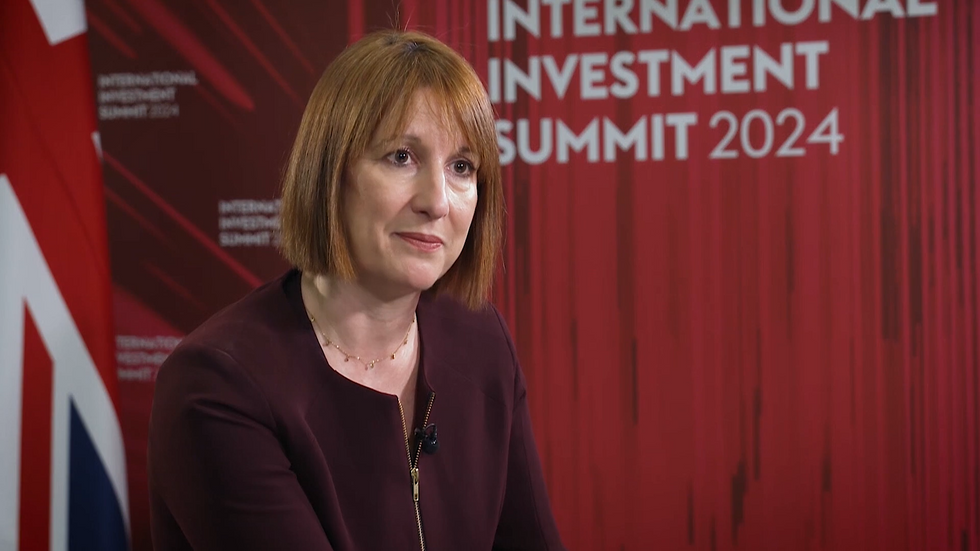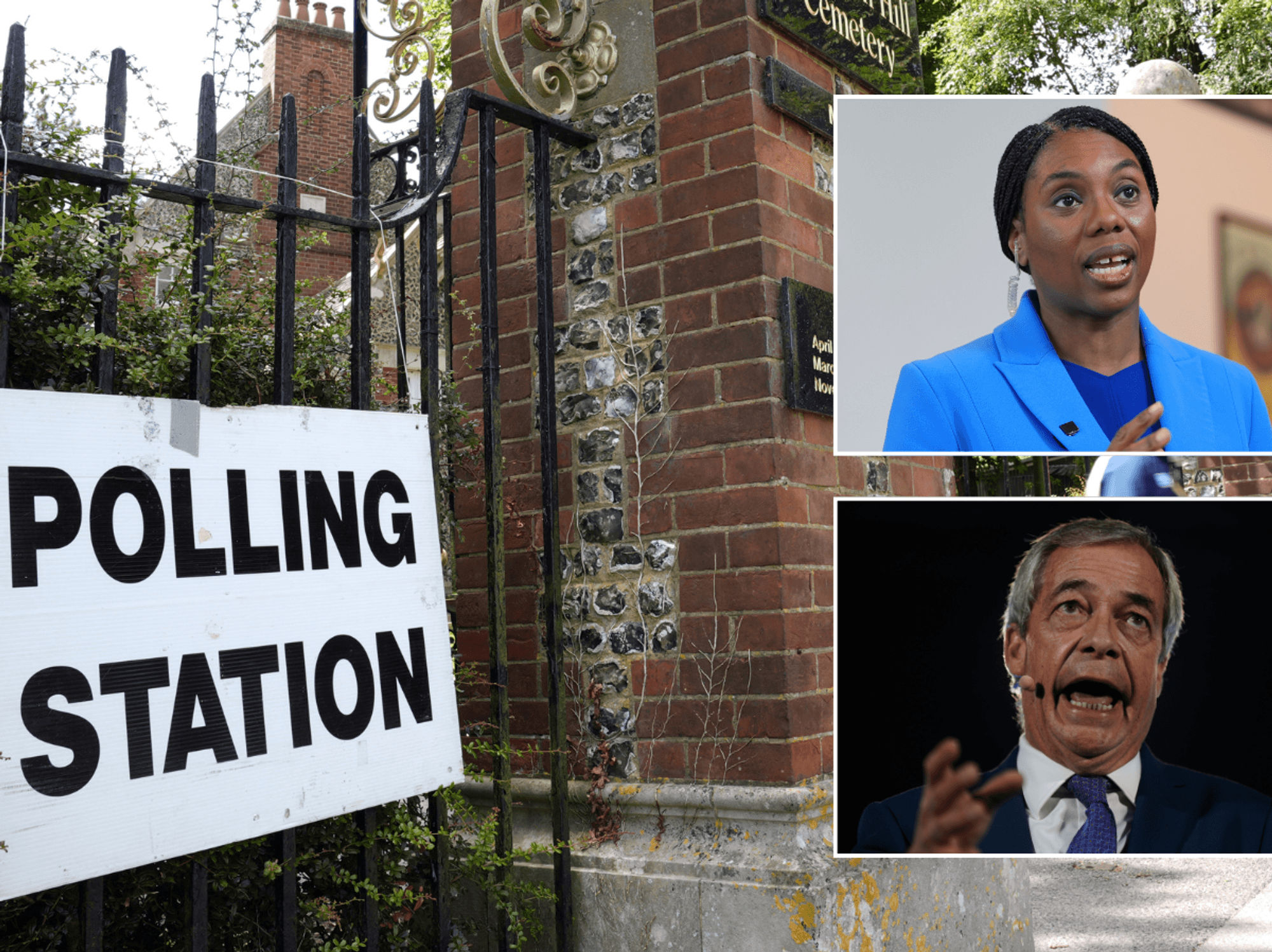FIVE ways Rachel Reeves could increase inheritance tax as Chancellor scrambles to fill 'black hole'
The Chancellor has been tipped to unleash the ‘biggest tax raid in history’
Don't Miss
Most Read
Chancellor Rachel Reeves is set to increase Britain’s most hated tax in her hotly anticipated budget at the end of the month to combat the expanding ‘black hole’ in the Government's finances.
Inheritance tax - charged at 40 per cent on the value of someone’s assets after the £325,000 threshold- currently raises around £7billion for the Government. It is regularly criticised for being anti-meritocratic and unfair as much of the wealth accumulated over a person’s lifetime has already been taxed.
Reeves, however, is planning to tweak the rules around the levy to raise more money, part of a wider move to boost the treasury’s coffers via tax rises, not cutting spending.
The plan comes after Reeves’ infamous "£22billion black hole" swelled to £40billion this week, days before she told the cabinet the UK "faced a £100billion black hole in the Government’s finances over the next five years".
 Rachel Reeves has previously warned "tough decisions" will need to be made | GB News
Rachel Reeves has previously warned "tough decisions" will need to be made | GB NewsMany have criticised the rapid audit as cover for hiking levies like inheritance tax on hard-working Britons. Jeremy Hunt, shadow chancellor, has warned "the biggest tax raid in history" is on the way.
Here are five ways the Chancellor could change the inheritance rules to generate more money.
Crackdown on gifting
Currently, individuals can gift £3,000 per year tax free, but there are many loopholes available. People with surplus income, for example, can give away as much as they like provided their gifts are part of a regular pattern and they do not harm their living standards in doing so.
Finance experts expect ‘surplus income’ to be a prime contender for reform with the most likely course of action seeing Reeves choose a figure individuals can give away annually, with no exemptions.
Scrapping business relief
Business relief saves people from inheriting a business from the taxman. It saves families- or costs the treasury depending on your point of view- £1.4billion a year.
Reeves could introduce a rule that implements capital gains tax on the sales of inherited businesses, or more simply limit the number of business assets someone can pass on when they die.
Targeting pensions
Currently, pensions can be inherited tax free in Britain, meaning some individuals stash away their money to pass down as much as possible to their children.
By abolishing this, the Institute for Fiscal Studies believes Labour could raise £1-2billion by the end of the decade.
LATEST FROM MEMBERSHIP:
Ramp up investigations
Experts suspect many middle-class families with assets over the inheritance tax threshold are currently underpaying or dodging the levy altogether, safe in the knowledge it is probably not worth the taxman investigating them.
This is often done by families declaring the value of their house is lower than it really is.
It is widely expected Labour- who have promised an extra £855million for HMRC- will go after these families as part of their pledge to raise £4.7billion from combatting tax evasion.
Removing capital gains relief
Capital gains relief effectively wipes tax on gains accrued up to the date of death, saving families thousands when a member of the family dies.
Removing this relief would mean families pay inheritance tax and capital gains tax on profits on the sale of investments and property, equating to a 55 per cent effective tax rate.










